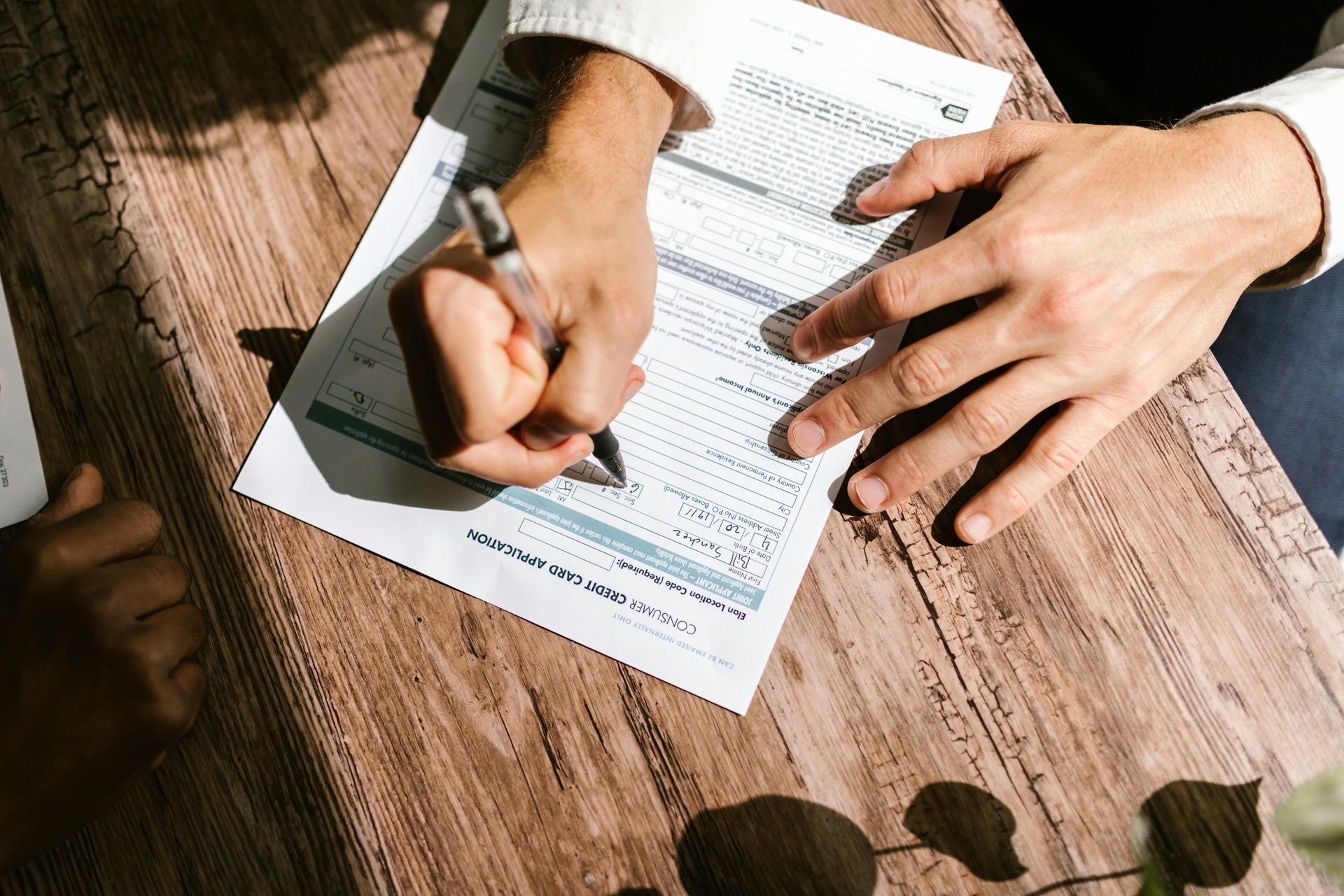Life After Bankruptcy: What the First Year Really Looks Like in North Carolina
Life After Bankruptcy: What the First Year Really Looks Like in North Carolina
Filing for bankruptcy can feel like hitting the reset button—but what happens after the case is closed? At the Law Office of Calvin Craig, we understand that individuals in Raleigh and across North Carolina often have questions about what the first year after bankruptcy will look like. The good news is that life after bankruptcy can be a time of rebuilding, growth, and financial recovery—especially if you know what to expect.
Rebuilding Credit
One of the top concerns for individuals post-bankruptcy is credit. Yes, your credit score will likely drop immediately after filing, but that doesn’t mean you’re stuck. Most people begin to see improvements within the first 12 months if they take intentional steps, such as:
- Obtaining a secured credit card
- Paying all bills on time
- Keeping credit balances low
- Regularly monitoring credit reports for errors
Over time, responsible financial behavior will outweigh the bankruptcy mark on your credit history.
Budgeting and Financial Habits
The first year after bankruptcy is an opportunity to build smarter financial habits. Creating and sticking to a monthly budget, building an emergency savings fund, and avoiding unnecessary debt are key strategies. Many individuals benefit from credit counseling services or financial literacy workshops, which can provide helpful tools for managing money.
Employment and Housing
While bankruptcy may appear on background checks, most people in North Carolina do not face long-term employment challenges because of it. If you're renting, some landlords may view bankruptcy as a risk, but offering a larger security deposit or proof of current income can help ease concerns.
If you're trying to buy a home, the waiting period varies depending on the type of mortgage loan you’re seeking—but most borrowers can qualify again within 2–3 years, sometimes sooner with FHA loans.
Emotional and Mental Health
Financial distress often leads to significant stress. After bankruptcy, many people feel a sense of relief and control returning to their lives. However, it’s also common to feel guilt or anxiety about future mistakes. Seeking support from a therapist, counselor, or support group can help you process your experience and move forward with confidence.
Legal Considerations
Even after the bankruptcy is complete, it's important to follow up on any post-discharge responsibilities. This might include:
- Confirming that listed debts are marked as discharged on your credit report
- Continuing to pay any non-dischargeable debts (like student loans or certain taxes)
- Staying informed about any legal obligations tied to your case
The Law Office of Calvin Craig provides continued legal support to Raleigh-area residents after bankruptcy, helping you stay on track and avoid any surprises.
Final Thoughts
Bankruptcy is not the end—it’s a new beginning. While the road ahead may have its challenges, most people in North Carolina find that the first year after bankruptcy brings financial clarity and a renewed sense of purpose. If you’re in Raleigh and need guidance before, during, or after bankruptcy, our office is here to help.











